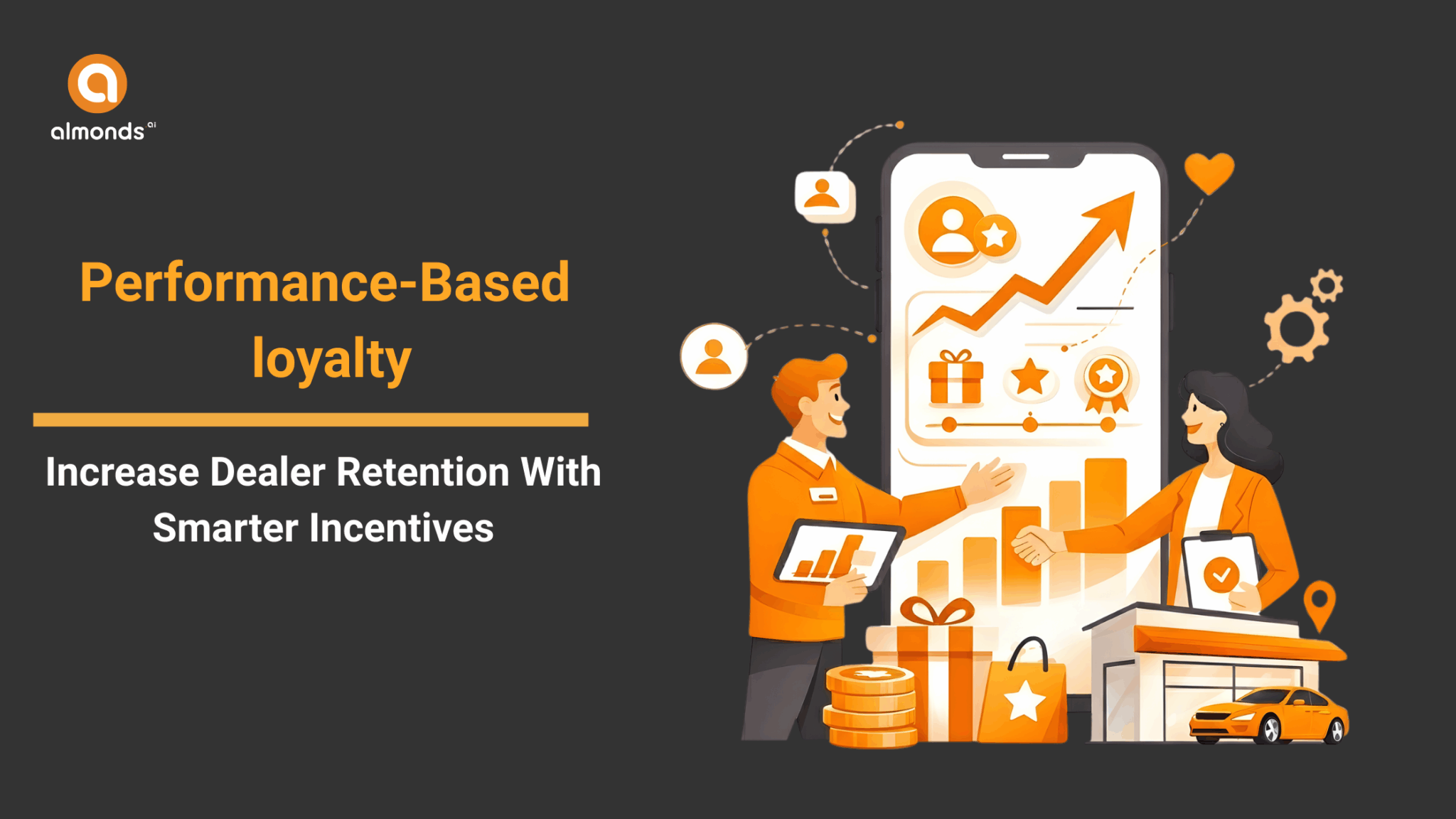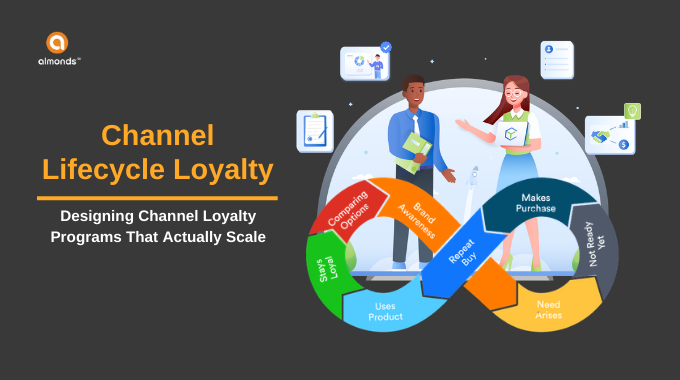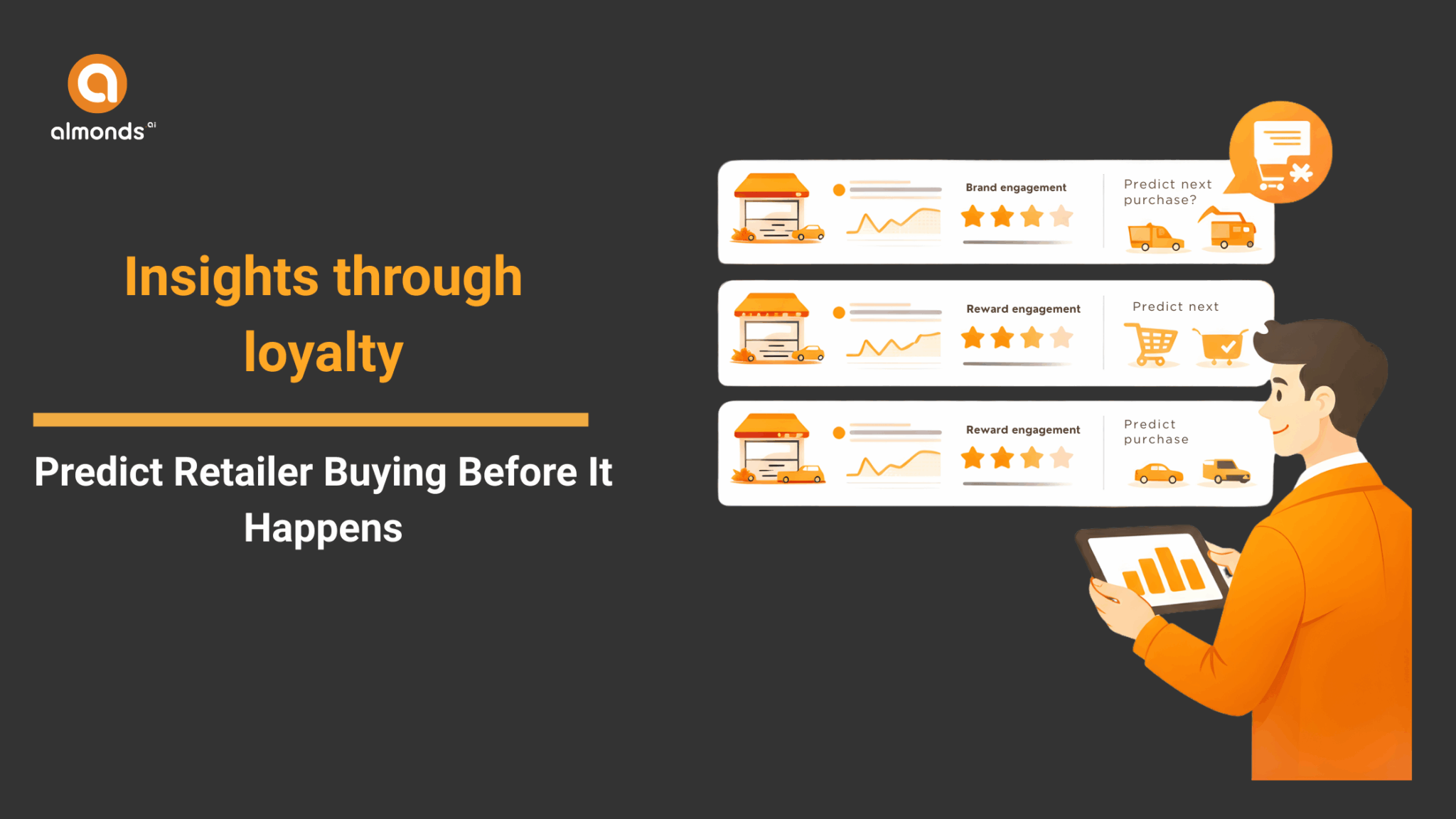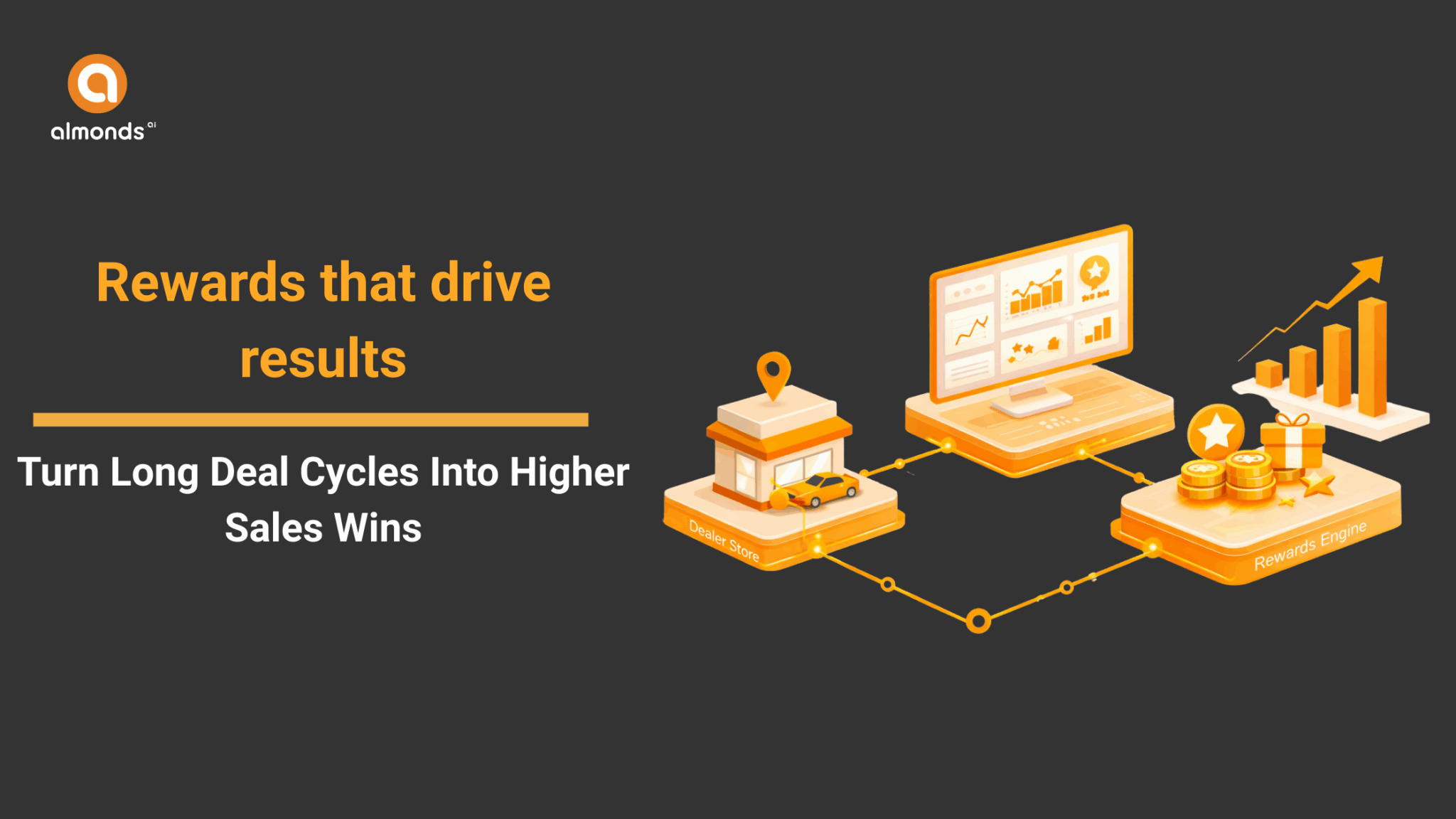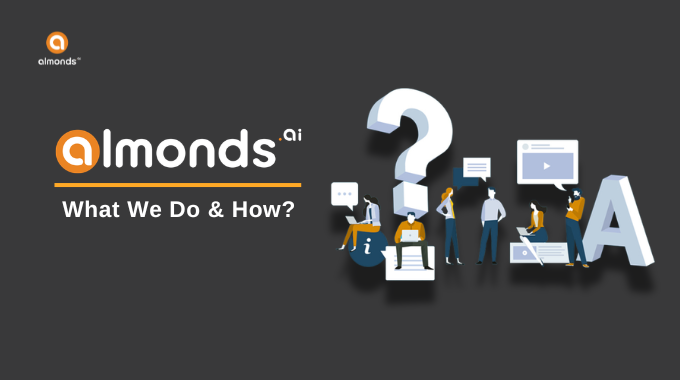Flipkart’s Big Billion Days (BBD) has transformed the way India shops online, but what sets it apart from typical sales events is its role in building long-term customer loyalty. Since its inception in 2014, BBD has evolved into a sophisticated model of customer retention, combining personalized experiences, exclusive rewards, gamification, and a seamless omnichannel strategy. By implementing a strategic approach to customer engagement, Flipkart demonstrates how loyalty programs can drive repeat business, enhance customer satisfaction, and build brand advocacy.
Exclusive Member Benefits: Elevating Customer Loyalty

At the heart of BBD’s success is Flipkart’s Flipkart Plus loyalty program, which offers exclusive perks such as early access to deals and additional discounts. This sense of exclusivity plays a critical role in fostering customer loyalty. According to a report by Statista, 65% of Indian consumers are more likely to shop on platforms that offer rewards for their loyalty. Flipkart’s decision to provide early access to Plus members taps directly into this consumer mindset, making customers feel valued and incentivized to engage with the brand.
During BBD, Flipkart Plus members enjoy early access to the sale, a privilege that creates urgency and drives participation. In addition, these members can redeem SuperCoins—loyalty points earned through purchases—against discounts and exclusive deals, further deepening customer commitment. By offering tangible benefits that reward continued engagement, Flipkart fosters a sense of reciprocity, which is a key driver of customer loyalty. This approach can serve as a valuable case study for businesses developing their own B2B loyalty platforms, where rewarding frequent purchases and fostering exclusivity can build stronger client relationships.
Data-Driven Personalization: Tailoring the Shopping Experience
One of the key differentiators of Flipkart’s Big Billion Days is its use of customer data to create personalized shopping experiences. By analyzing purchase history, browsing behavior, and customer preferences, Flipkart tailors its product recommendations and offers to individual users. This data-driven personalization not only enhances the user experience but also drives customer loyalty. According to HubSpot, personalization in e-commerce can lead to a 25% increase in customer retention.
During BBD, customers receive personalized deals based on their previous shopping behavior, which makes the event more relevant and exciting. Instead of being overwhelmed by thousands of generic discounts, customers feel that Flipkart understands their needs and preferences. This sense of personalization creates a deeper emotional connection between the customer and the brand, driving repeat business. By leveraging data analytics and AI, Flipkart is able to create a truly customized experience for its users, setting a benchmark for how loyalty programs should function in the digital age.
Other businesses can take note of this approach when developing their own B2B loyalty platforms. By analyzing the behavior of their business clients, companies can offer tailored incentives and personalized offers that meet the specific needs of each partner, resulting in stronger client relationships and higher retention rates.
Gamification: Enhancing Engagement and Loyalty

Flipkart’s gamification strategy during BBD is another powerful tool for building customer loyalty. Through the introduction of games such as SuperCoins, Flipkart encourages users to engage with the platform beyond just making purchases. Customers can earn SuperCoins through various activities, which can later be redeemed for rewards. This gamification not only enhances engagement but also creates a fun, interactive experience that keeps customers coming back to the platform.
Forbes reports that gamification can increase customer engagement by as much as 30%, and Flipkart’s implementation of this strategy during BBD is a prime example. By offering customers the chance to earn rewards through participation, Flipkart builds a sense of achievement and satisfaction, which fosters long-term loyalty. This approach can also be applied to B2B loyalty platforms where businesses can incentivize engagement through gamified rewards programs, such as awarding points for participation in training, referrals, or product promotions.
Seamless Customer Experience: Convenience and Trust as Loyalty Drivers

Flipkart has built its reputation on delivering a seamless shopping experience, and BBD is no exception. Features such as no-cost EMI, easy returns, and guaranteed delivery contribute to building trust with customers. According to HBR, 86% of consumers say that convenience is a key factor in their loyalty to a brand. By focusing on customer convenience and ensuring that the shopping process is smooth and hassle-free, Flipkart strengthens customer relationships and increases the likelihood of repeat purchases.
For instance, Flipkart’s flexible payment options, including no-cost EMIs and buy-now-pay-later schemes, cater to a diverse set of customers, making high-ticket items more accessible. The ease of returning products and guaranteed delivery during BBD instills confidence in the platform, encouraging more customers to participate in future sales events. By making the shopping experience as convenient and trustworthy as possible, Flipkart reduces friction in the customer journey and increases overall satisfaction—key elements of any successful loyalty program.
Multi-Brand Partnerships and Cross-Selling: Building Value Across Categories
Flipkart’s Big Billion Days event doesn’t just focus on a single product category—it strategically partners with a wide array of brands to offer discounts across multiple categories, from electronics to fashion. This multi-brand involvement not only boosts sales but also enhances customer loyalty by positioning Flipkart as a one-stop destination for all shopping needs. The ability to cross-sell products through bundled offers and exclusive deals adds value to the customer experience, driving higher engagement and retention.
For example, during BBD, customers purchasing smartphones may receive additional discounts on accessories, home appliances, or fashion items. This cross-selling strategy not only increases the average order value but also ensures that customers interact with various product categories, making Flipkart an essential part of their shopping routine. Cross-category loyalty is a significant driver of customer retention, as it increases the likelihood of customers returning to the platform for diverse needs.
This multi-brand partnership approach can also benefit B2B loyalty platforms. By collaborating with different suppliers and vendors, companies can offer bundled incentives to their business clients, encouraging them to purchase across categories and fostering long-term loyalty.
Mobile Engagement: Capturing the Mobile-First Audience
India has a rapidly growing mobile-first consumer base, and Flipkart has capitalized on this trend by optimizing its mobile app experience for the Big Billion Days. With mobile-specific deals, personalized push notifications, and an easy-to-navigate interface, Flipkart ensures that customers using mobile devices are fully engaged during the event. According to Statista, 79% of mobile users are more likely to engage with a brand that offers mobile-specific rewards. Flipkart’s focus on mobile engagement is a crucial aspect of its success in building customer loyalty.
Push notifications, for example, remind users of upcoming deals, abandoned carts, and exclusive mobile-only offers. This creates a sense of urgency and encourages users to return to the app to complete their purchases. Mobile apps also offer a more personalized shopping experience, with features such as wishlists and saved preferences making it easier for customers to navigate through the sale. By optimizing its mobile platform for BBD, Flipkart captures the attention of India’s growing mobile audience, ensuring higher engagement and customer loyalty.
Building a Seamless Omnichannel Experience
Flipkart’s Big Billion Days event extends beyond the digital realm, thanks to its strategic partnerships with Myntra and physical retail stores. This omnichannel approach allows customers to engage with the brand across multiple touchpoints, whether online or offline. By offering an integrated shopping experience, Flipkart strengthens its connection with customers and enhances loyalty. According to Entrepreneur, businesses that implement omnichannel loyalty programs see an 89% retention rate, compared to just 33% for companies that rely on single-channel approaches.
For example, customers shopping on Myntra during BBD can use their Flipkart Plus membership to access early deals and earn SuperCoins across both platforms, providing a unified experience. By blurring the lines between online and offline shopping, Flipkart creates a seamless customer journey that encourages repeat engagement. The omnichannel strategy is an effective way to build customer loyalty and can be replicated by businesses developing B2B loyalty platforms, ensuring that their business partners can engage across various channels with ease.
Brand Advocacy and Word-of-Mouth Marketing: Turning Loyal Customers into Advocates
Flipkart understands the value of word-of-mouth marketing and uses its loyal customers to generate organic promotion for the Big Billion Days event. Through referral programs, where existing users can earn rewards by bringing new customers to the platform, Flipkart turns its most loyal shoppers into brand advocates. According to HubSpot, customers referred by other customers have a 37% higher retention rate, demonstrating the power of peer recommendations in building long-term loyalty.
Referral programs not only drive customer acquisition but also deepen engagement with existing customers by rewarding them for promoting the brand. Flipkart’s strategic use of word-of-mouth marketing during BBD is a cost-effective way to build loyalty and increase its customer base. This tactic can also be implemented in B2B loyalty platforms, where businesses can incentivize referrals and reward partners for bringing in new clients, creating a network of advocates that strengthens brand loyalty.
Conclusion: Lessons in Building Effective Loyalty Programs
Flipkart’s Big Billion Days is a case study in how to effectively leverage loyalty programs to drive customer engagement and retention. From exclusive rewards for loyal customers to personalized experiences, gamification, and omnichannel strategies, Flipkart has set a benchmark for success in India’s e-commerce industry. By creating a seamless, customer-centric experience, Flipkart has managed to turn a sales event into a powerful loyalty-building tool.
Businesses looking to implement their own loyalty programs—whether for B2C or B2B loyalty platforms—can draw valuable insights from Flipkart’s approach. By focusing on exclusivity, personalization, convenience, and engagement across multiple channels, companies can foster long-term relationships with their customers and clients, ultimately driving growth and success.


